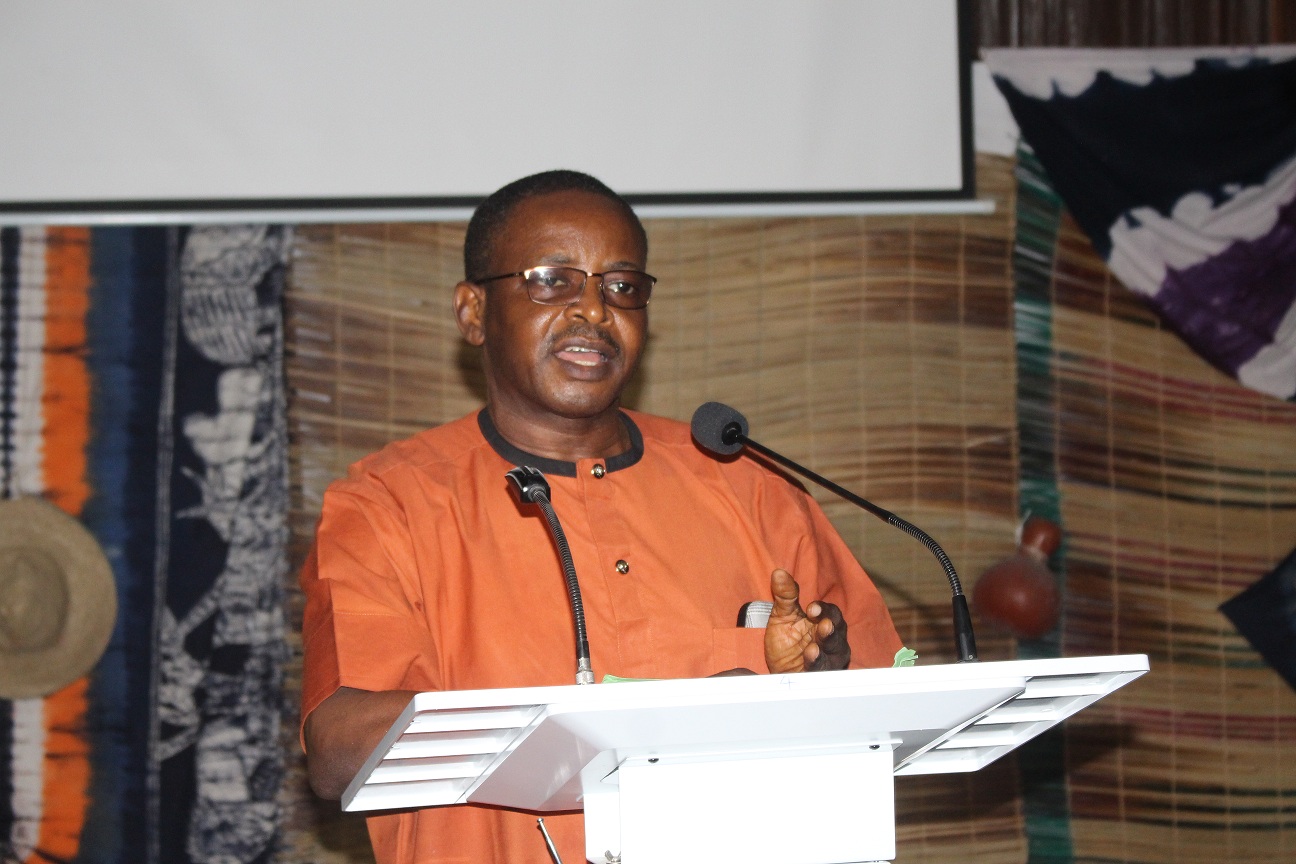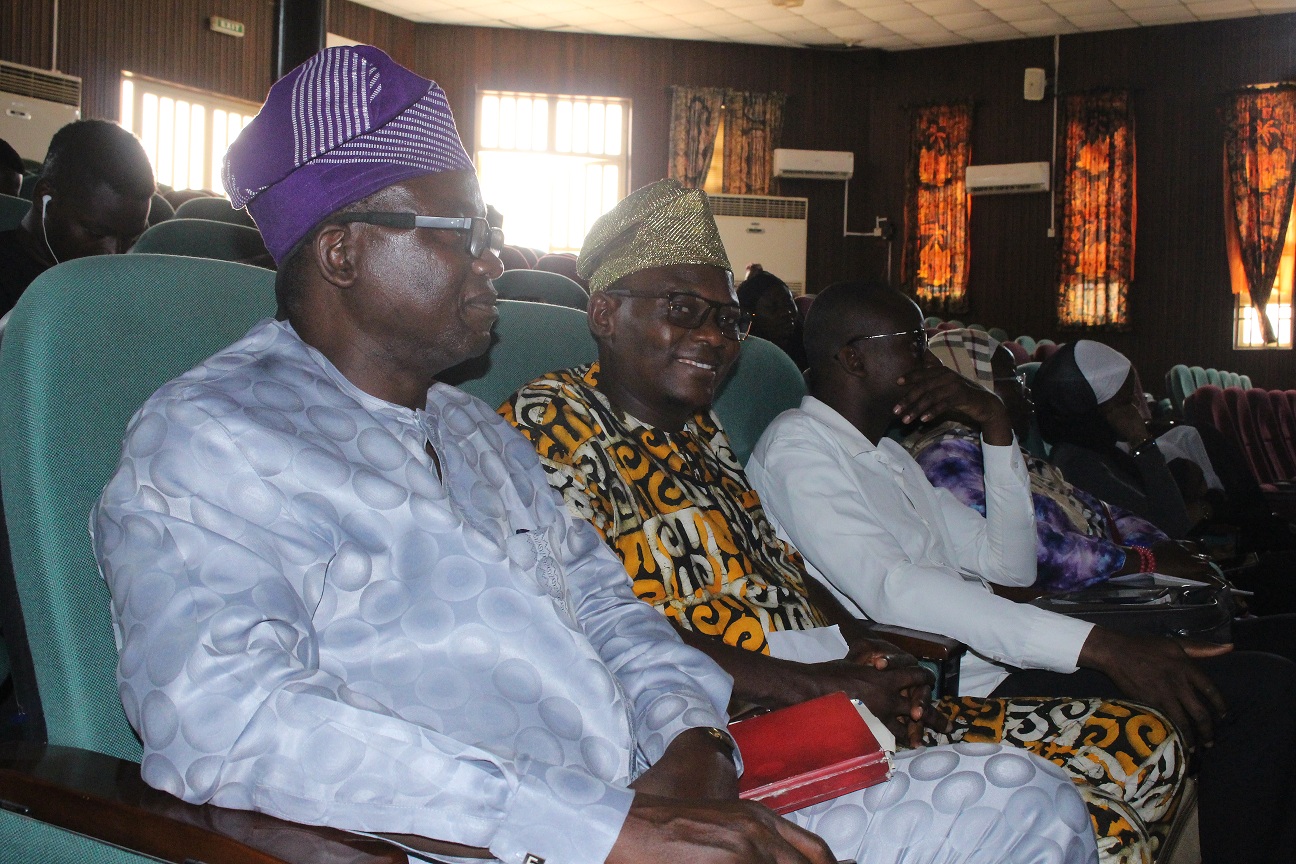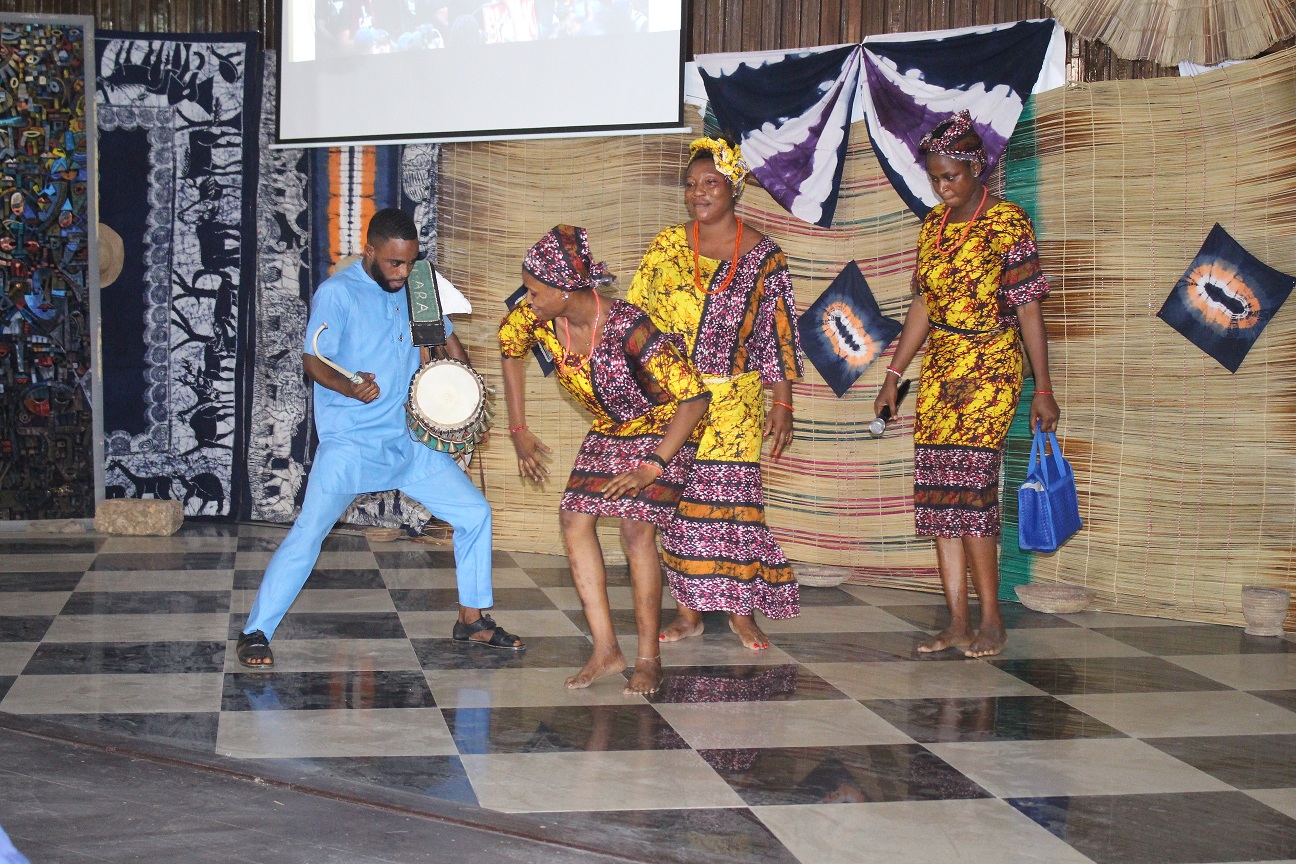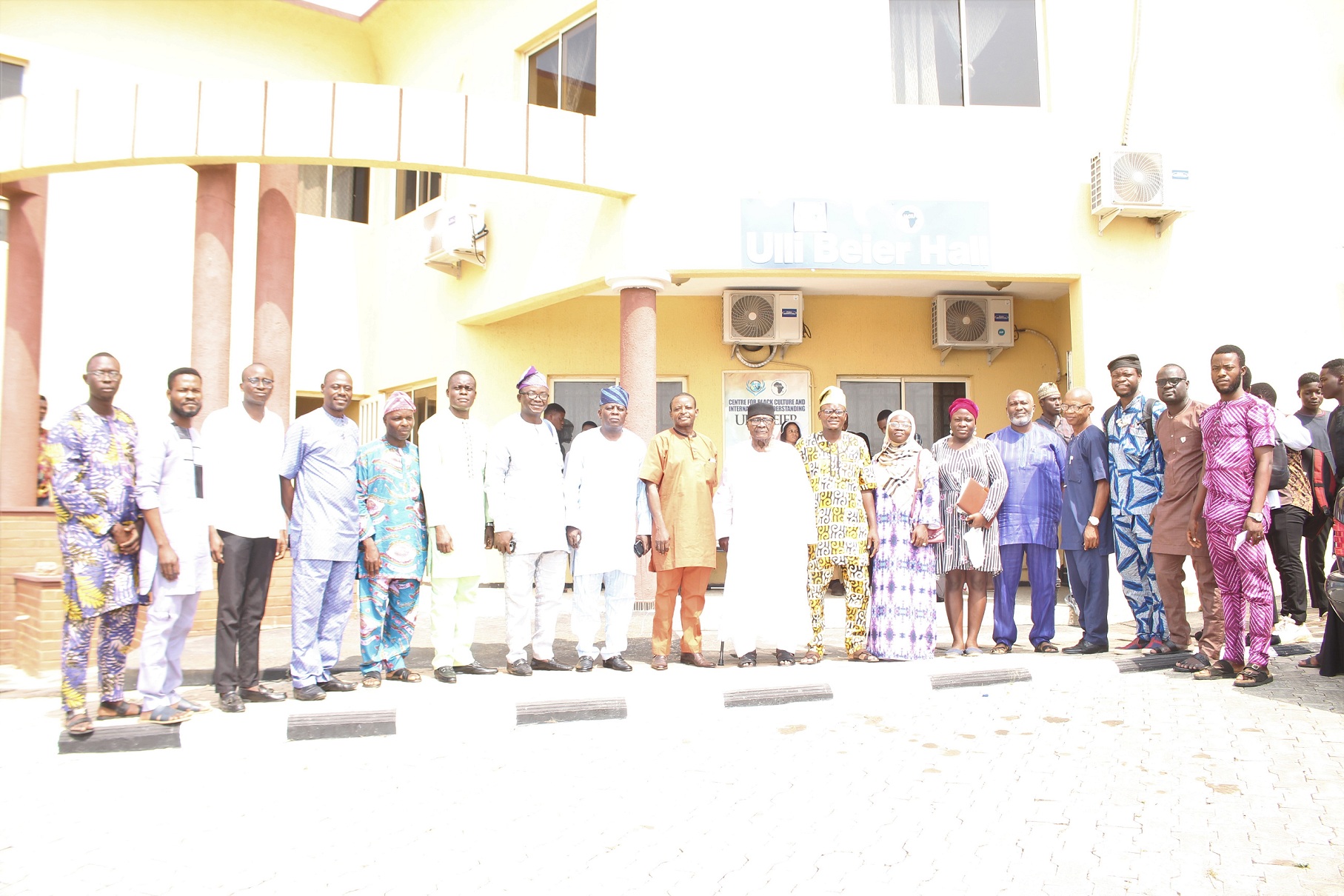CBCIU holds the Maiden Edition of 2022 Distinguished Lecture Series
As part of its activities ushering in the New Year, the Centre organised its first Distinguished Lecture Series entitled: Black Lives Matter: Interrogating Black Culture and Racism in Global Context. Delivered by a distinguished professor of history, Olutayo Adesina, the lecture provided a platform to examine and interrogate a very fundamental issue that continues to affect people of colour around the world, and most importantly in the United States of America. Prof. Adesina's lecture on the subject tried to trace the history of racism in a global context, noting that skin colour was at the heart of developments in the developed world since at least the 15th century when the Atlantic Slave Trade commenced. He showed how young and agile people in Africa were forcefully taken from their respective homes and shipped to plantations around the world to help develop the local economies. The systematic institutionalisation of slavery, therefore, commenced on a huge scale, and to prevent the enslaved person from attaining any form of freedom or independence, hugely dehumanising settler laws were promoted. This consciously formed the development of racism as it appears today.

Prof. Adesina during the delivery of the lecture
Citing the example of the Pan-African Congress held in London in 1911, Adesina noted where W.E. Du Bois's expressed a strong desire for a lifelong search for human fraternity. According to the don, Du Bois did not call for a white, black or red fraternity but a 'human' fraternity to show that everyone was equal and needed to show dignity and respect for one another irrespective of colour or race. This call for human fraternity, according to the don, has not been adhered to or strictly embraced across the world. In discussing what enforced the need for the slogan Black Lives Matter, the don presents the recent events in the United States where a police officer knelt on the neck of a supposed 'criminal' for nine minutes which eventually led to his death. Geoge Floyd, an African American who was alleged to have posted a fake cheque, was arrested by Chauvin Derek and subsequently held on the ground. This action prompted Floyd to plead for his life as Derek knelt on his kneck. The global outrage the event caused led to the arrest and subsequent imprisonment of Derek.
In Adesina's view, with the years of slavery, exploitation and suffering, the average black man should be 'an extremist and highly ensure that the black race survives and is also accepted as equal partners with the rest of humanity.' He argues that because the black man had passed through a lot, he must defend his colour and race by exhibiting his extremist stand.

cross section of the participants at the Seminar
The lecture made a fundamental position on the outlook of the concept of Black Lives Matter in a global context. According to Adesina, Black Lives Matter as a concept cannot be viewed within the context of the African Diaspora alone but also interface with the lives of Africans at home. Adesina uses what he calls the Lekkinisation of the stories of the Nigerian youth to illustrate how the lives of the youth in Nigeria is cut shut by the state. In a case of this nature, argued the don, what right does the African have to tout the word, Black Lives Matter when, in fact, lives on the continent are no longer sacred to keep.


Some of the participants at the Distinguished Lecture Series
Quick Links
Contact Us
Government Reserved Area
Abere, Osun State
| |


